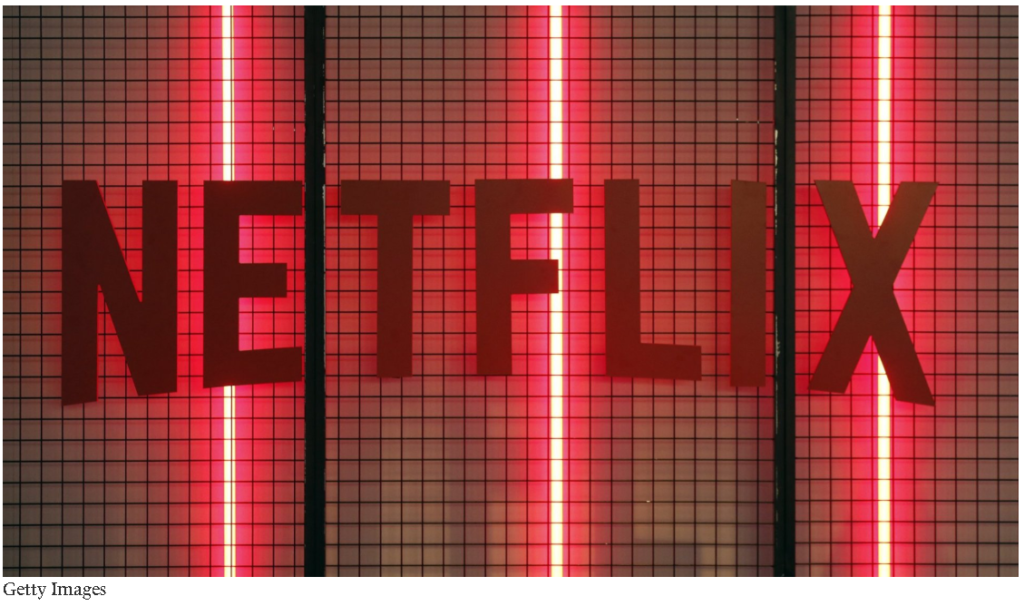
The streaming giant had upended show business long before the pandemic hit. But with a highly unusual management style, its billionaire founder has now positioned his entertainment juggernaut to prosper like few companies in the world.

According to CNBC, “Google is rethinking its long-term work options for employees, as most of them say they don’t want to come back to the office full-time.” According to a recent survey of Google employees, “sixty-two percent want to return to their offices at some point, but not every day”. For this reason, the company is working on “hybrid” models for future work.

In 2016, Stanford Graduate School of Business student Charlie Olson went to Scottsdale, Arizona to discuss his business idea with baseball players during their spring training. The plan which he developed along with his classmate from Stanford Eric Lax, who done research on the problematics with labor economists, was focused on the idea of ‘income pooling.’

This is a story about Netflix and a very annoying problem.
The good news is that Netflix just announced a fix. The even better news is that no matter what kind of business you run, the Netflix decision offers an intriguing example that might well pay off for you, too.

In Argentina in the early 1970s, leftist guerrillas started snatching executives of multinational companies and demanding ransoms. This culminated in the payment of $60 million to the Montoneros, a Peronist guerrilla group, for the release of the brothers Juan and Jorge Born, executives at the grain-exporting firm Bunge & Born and the sons of its president. The ransom seems noteworthy for its heft—at about $275 million in today’s money, it stands as the largest one paid in a conventional kidnapping case. (In 2017 Qatar reportedly paid $1 billion to an al-Qaeda affiliate and Iran to win the release of a royal hunting party.) But perhaps what makes the Born case more unusual in the history of the ransom trade is the fact that Jorge himself negotiated the price while captive. He had intimate knowledge of the company’s finances and thus had a precise sense of how much money could be raised—though not, crucially, how much ought to be paid. The deal he struck was delivered to Born père, who had refused the initial demand of $100 million, as a signed memorandum.